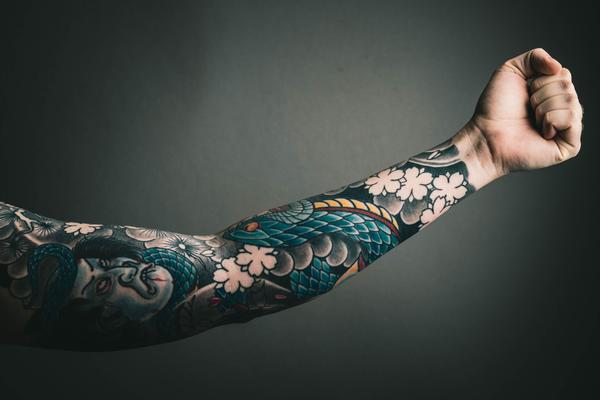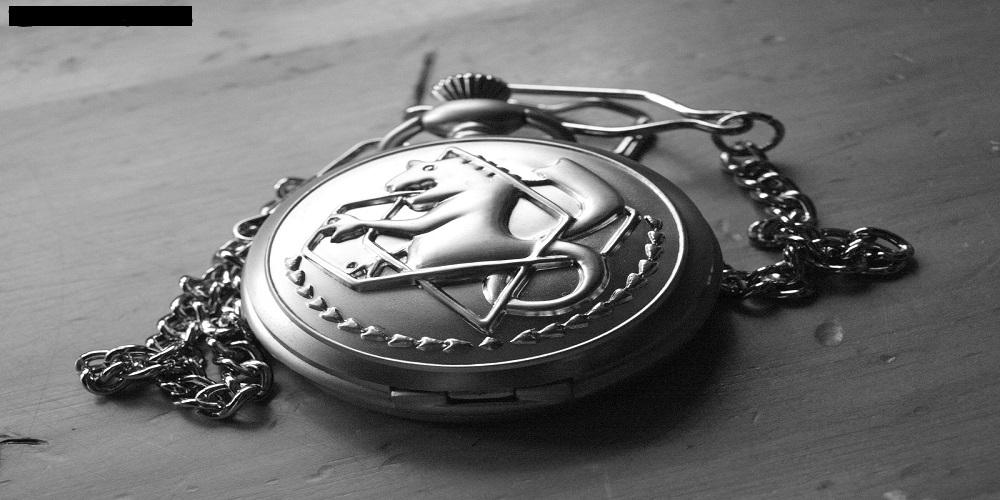European Union prohibits the use of various inks for tattooing
Last year the European Chemicals Agency (ECHA, for its acronym in English) recommended banning the pigments of certain colors of tattoo ink, such as Blue 15 and Green 7. As reported at the time by the German chain DW, said entity, based in Finland, argued that, since these pigments are prohibited within the cosmetic industry, according to the regulations of the European Union, they should not be allowed to be used under the skin either.
This rests on the suspicion that the inks in question could contain carcinogenic substances, although little is known about the long-term effects of their use. Even ECHA admitted that its consequences still needed to be thoroughly investigated.
The problem is that, for example, Blue 15 and Green 7 are used in the manufacture of two-thirds of the colors for tattooing, so tattoo artists at the time expressed fear for their future or even referred to the probability to remain illegal.
It turns out that the European Union (EU) effectively banned the use of tattoo inks and permanent makeup that contain chemical elements that are potentially carcinogenic or dangerous to health, a measure accepted by the block of 27 countries that even, as of last Tuesday, January, already applies in seven countries: Belgium, France, Germany, the Netherlands, Spain, Slovenia and Sweden.

can anyone teach me how to study biology in the correct way? im dead
— arthur Sat Jul 04 05:25:18 +0000 2020
The European Union explains that it is a necessary decision to protect public health, given that at least 12% of Europeans have tattoos and the percentage is doubled for the group of those between 18 and 35 years old. The regulations veto the use of inks containing dyes containing azo derivatives, potentially carcinogenic aromatic amines, polycyclic aromatic hydrocarbons, methanol or metals.
The European Commission specified that “the restriction covers carcinogenic, mutagenic and reprotoxic substances; prohibited chemicals in cosmetics, skin sensitizers, skin and eye irritants, metallic impurities, aromatic amines and some pigments”. To which he added: "The protection of the public health of European citizens is our main concern and dangerous chemicals in tattoo ink can represent such a concern," a spokeswoman for the commission, Sonya Gospodinova, explained to the press.
Several tattoo artists said it was all very sudden, although the European Union maintains that the consultation process began in 2016 and the announcements have been made since last year. The ECHA added that it is unlikely that retailers and consumers will see price increases as a result. of the ban, although the opinion of those who work in the sector is totally contrary.









1595